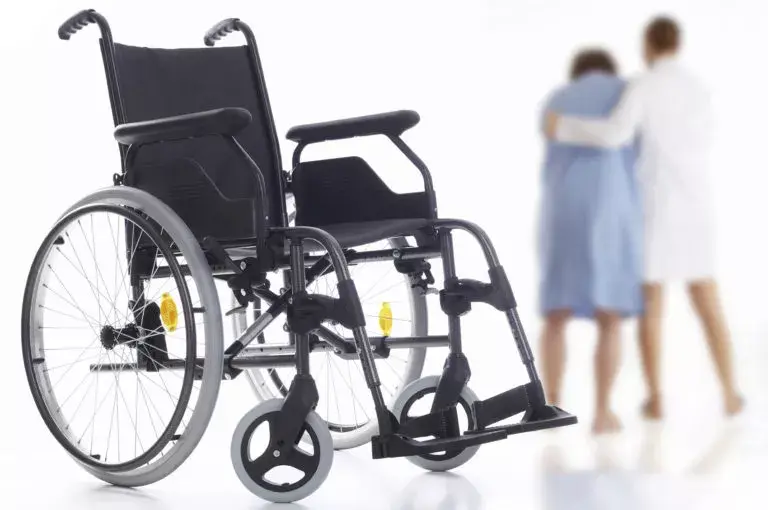Unfortunately, many elderly adults are abused in their own homes, in trusted facilities responsible for caring for them, and in relatives’ homes. Here at AMA Law, we understand how difficult it can be to deal with these types of situations as family members. You assume your loved one will be taken care of and treated with respect when you make the difficult decision of turning them over to the care of an assisted living facility, but this is not always the case. If you notice signs of neglect or are concerned that your parent or elderly relative is not being properly cared for, you should file a complaint with the facility’s upper management immediately. However, simply filing a complaint with the nursing home does not always mean the problem will be resolved and appropriate action will be taken. If you receive an unsatisfactory explanation for the care facility’s administration, or if you do not seen an improvement in your relative’s overall condition, you will need to contact an experienced nursing home attorney as soon as possible.
What is Elder Abuse?
As people age and become more physically fragile, they are more susceptible to bullying and oftentimes fall victim to the inappropriate actions of others. Elderly people may also have a more difficult time seeing, hearing, and thinking than they used to, which can leave openings for people to take advantage of them. If your elderly relative has mental or physical ailments that require them to rely on other people to care for them, they may be at risk of being taken advantage of or neglected.
Types of Elder Abuse
There are several different types of nursing home abuse; some of which involve intimidation or threats against the elderly, some that involve neglect or physical abuse, and others that involve financial trickery. The most common types of abuse include the following:
- Physical Abuse – This is a non-accidental form of abuse that involves the use of force against an elderly person that results in physical pain or injury. This kind of abuse covers not only physical assaults, but the inappropriate use of drugs, confinement, isolation, or restraints.
- Emotional Abuse – In cases of emotional or psychological abuse, a person may speak to or treat an elderly person with the intention of causing emotional pain or distress. Common examples of this are:
○ Intimidation through yelling or threats
○ Humiliation
○ Ridicule
○ Habitual blaming
○ Scapegoating
○ Ignoring the elderly person
○ Terrorizing or menacing
○ Isolating the elderly person from outside individuals or activities
- Neglect by Caregivers – If the people responsible for caring for the elderly person fail to fulfill their caretaking obligation, it is constituted as abuse. This is extremely common and can be either intentional or unintentional.
- Financial Trickery – This type of abuse is signified by the unauthorized use of an elderly person’s funds or property. Whether someone is misusing the elder’s personal bank accounts, credits cards, checks, stealing cash, or forging their signature, it is abuse.
Elder abuse is an extremely serious problem that can be very stressful for everyone involved. If you fear your parent or elderly relative is being neglected or mistreated by their nursing home staff, please contact AMA Law today so we can help you take action against those responsible.
